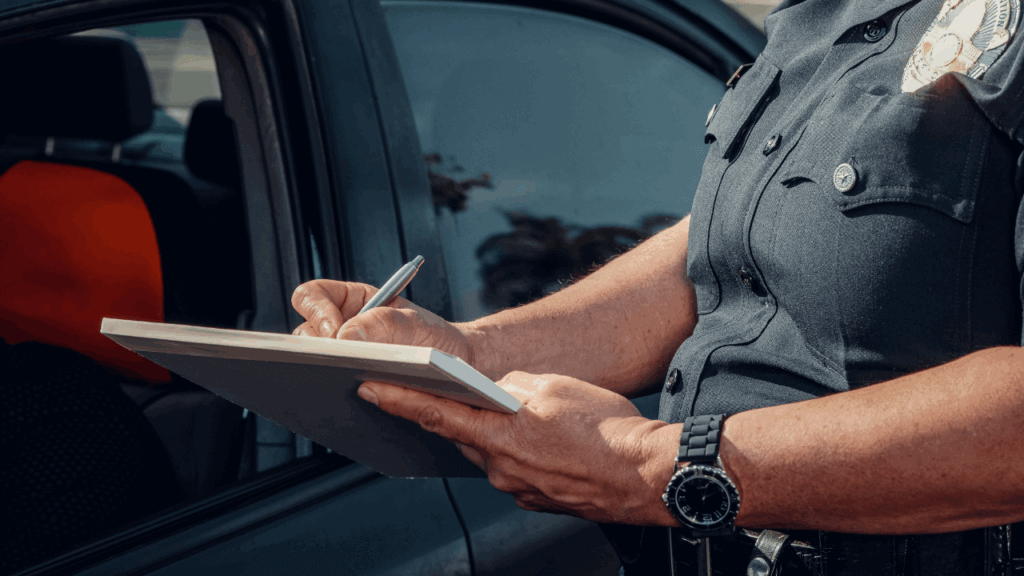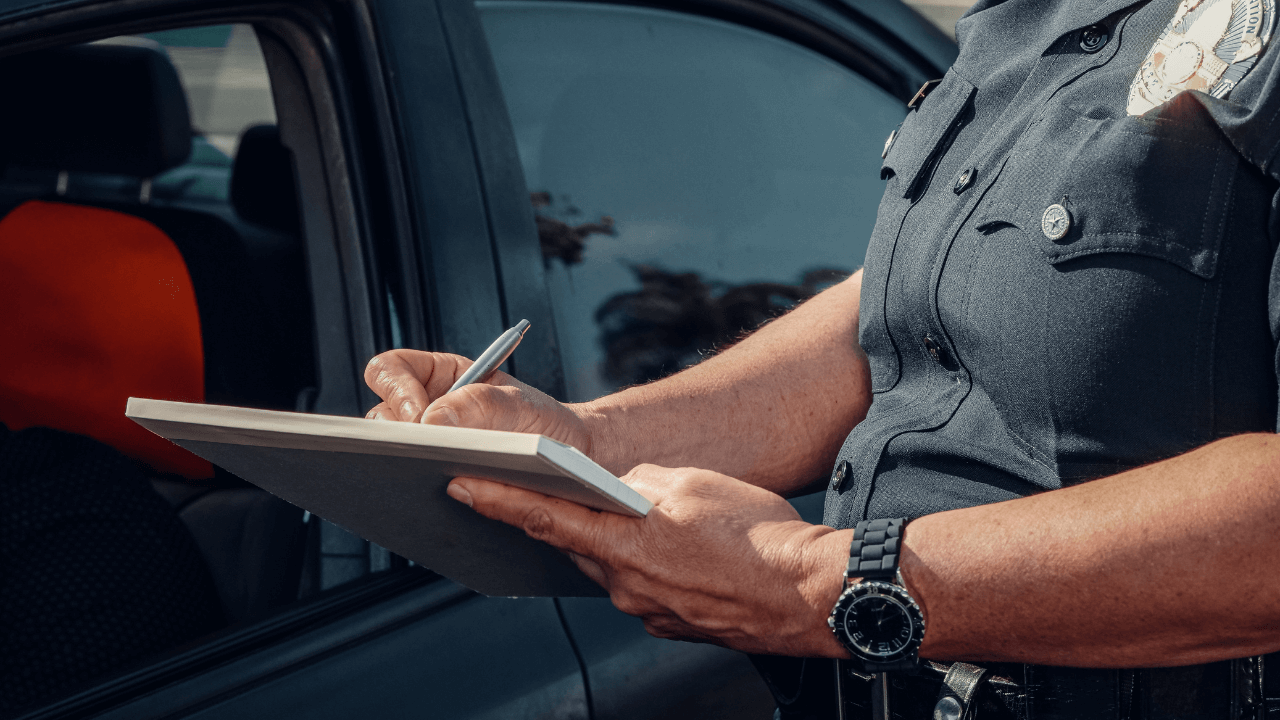Written By:
 Kent Ng
Kent Ng
Your Dedicated & Trusted Legal Team
3 Generations & 100+ Years of Combined Legal Experience

In many interactions with police, you will be asked to show some form of identification. This makes sense from a law enforcement perspective. Officers want (and often need) to know who they’re interacting with, especially if they suspect that illegal activity has been committed or is about to happen. But do you have to show your ID? What if you do not have any ID with you?
In this article, we discuss the rules about NYC police officers’ requests for ID, including why they ask for it, when you have to produce it in various situations, and what can happen if you do not. Keep reading to learn what to do – and not to do – next time an officer asks for some form of identification.
Rules for Police Detentions
Before we explain when you have to show your ID to an officer, let’s go over the basic rules governing police detentions in New York City. An officer might stop someone on the street for any number of reasons, most of which do not require detaining the person or asking for their ID. For example, they might ask if the person had noticed any suspicious behavior in the area, or maybe just how their day is going.
However, if the officer has what is called “reasonable suspicion” that a crime occurred or is about to occur, they can detain someone and ask for their ID. If the officer has probable cause (which requires a higher level of evidence) that the person actually committed or was about to commit a crime, the officer not only can detain them and ask for identification, but they can also arrest them.
When You Have to Show Your ID in New York City
In general, if someone has an encounter with a police officer who has at least reasonable suspicion that someone did or is about to do something illegal, the person has to produce identification. On the other hand, if the officer has only “mere suspicion” that something is amiss, they cannot ask for ID or do anything other than detain the person temporarily while investigating the situation.
With these rules in mind, let’s look at some common situations in which someone might have to produce an ID.
Vehicle Encounter
If an officer stops someone driving a vehicle or approaches someone sitting in a parked vehicle, the officer must have a valid reason for doing so, such as witnessing a traffic violation. In this situation, the officer has to identify themselves before asking for ID, which the person then must produce.
For example, say that someone’s car is parked, and they are sitting in the driver’s seat. If the officer reasonably suspects that the person is intoxicated, they can ask for identification, because someone can be arrested in New York for DWI under these circumstances even if the vehicle is parked. If the person refuses to produce an ID or does not have one, the officer can bring them to the precinct to be identified. In this situation, a second officer will be called to drive the person’s car to the station rather than leaving it on the street.
Street Encounter
If an officer encounters someone on the street, they can ask the person a question. However, the person does not have to produce an ID unless the officer has reasonable suspicion of a crime. As in any situation involving reasonable suspicion, the officer has to justify why they asked someone for identification. For example, an officer can ask for ID if someone matches the description of a suspect. If the person can’t produce an ID, the officer can detain them to investigate if they fit the suspect’s profile (gender, height, weight, clothing, etc.).
Subway Encounter
The same rules apply as with a street encounter. If someone is just walking by an officer in the subway to catch a train, there is no reason to stop them or ask for their ID. On the other hand, if the officer sees someone who meets the specific description of a known suspect, there might be reasonable suspicion at that point to detain the person and ask for their ID.
When You Do Not Have to Show Your ID in New York City
Someone can refuse to show ID or answer an officer’s questions if there is no reasonable suspicion that they committed or are about to commit a crime, and they are not otherwise being lawfully detained. As a result, the first question someone should ask in an encounter with police is if they are being detained. That said, if they are being investigated, they must show ID and cannot leave until the investigation is finished.
What Happens if I Refuse to Show My ID?
If someone is obligated to show ID and does not, this is not a chargeable offense in and of itself. The officer has to justify the stop and continued detention in some other way.
In my experience, most people are compliant. There has never been an instance when I detained someone and they refused to provide ID, although it has happened to other officers. Most people are not there to fight with the law. And if there is probable cause to arrest someone, they are going to be identified regardless of whether they produce an ID or not.
If an officer lawfully asks for ID and the person does not have one, they must be taken to the police station for identification in some other way. For example, a family member might be available to retrieve the person’s driver’s license in a reasonable time. If they cannot find anyone to do that, then they have to be fingerprinted. In my experience, it has never gone that far, and someone has always brought the person’s ID to the station.

Latest from Our Blog



Editorial Standards
Rosenblum Law is committed to delivering informative content of the highest quality. All content is subject to our rigorous editorial standards for relevance, accuracy, sourcing, and objectivity. Everything is fact-checked by an editor and reviewed for legal soundness by one of our practicing attorneys prior to being published.
How to Cite Rosenblum Law’s Article
APA
Kent Ng (Nov 18, 2021). 14 Ways to Get the Most from Your Accident Claim. Rosenblum Law Firm, https://rosenblumlaw.com/14-ways-to-get-the-most-from-your-accident-claim/
MLA
Kent Ng "14 Ways to Get the Most from Your Accident Claim". Rosenblum Law Firm, Nov 18, 2021. https://rosenblumlaw.com/14-ways-to-get-the-most-from-your-accident-claim/




